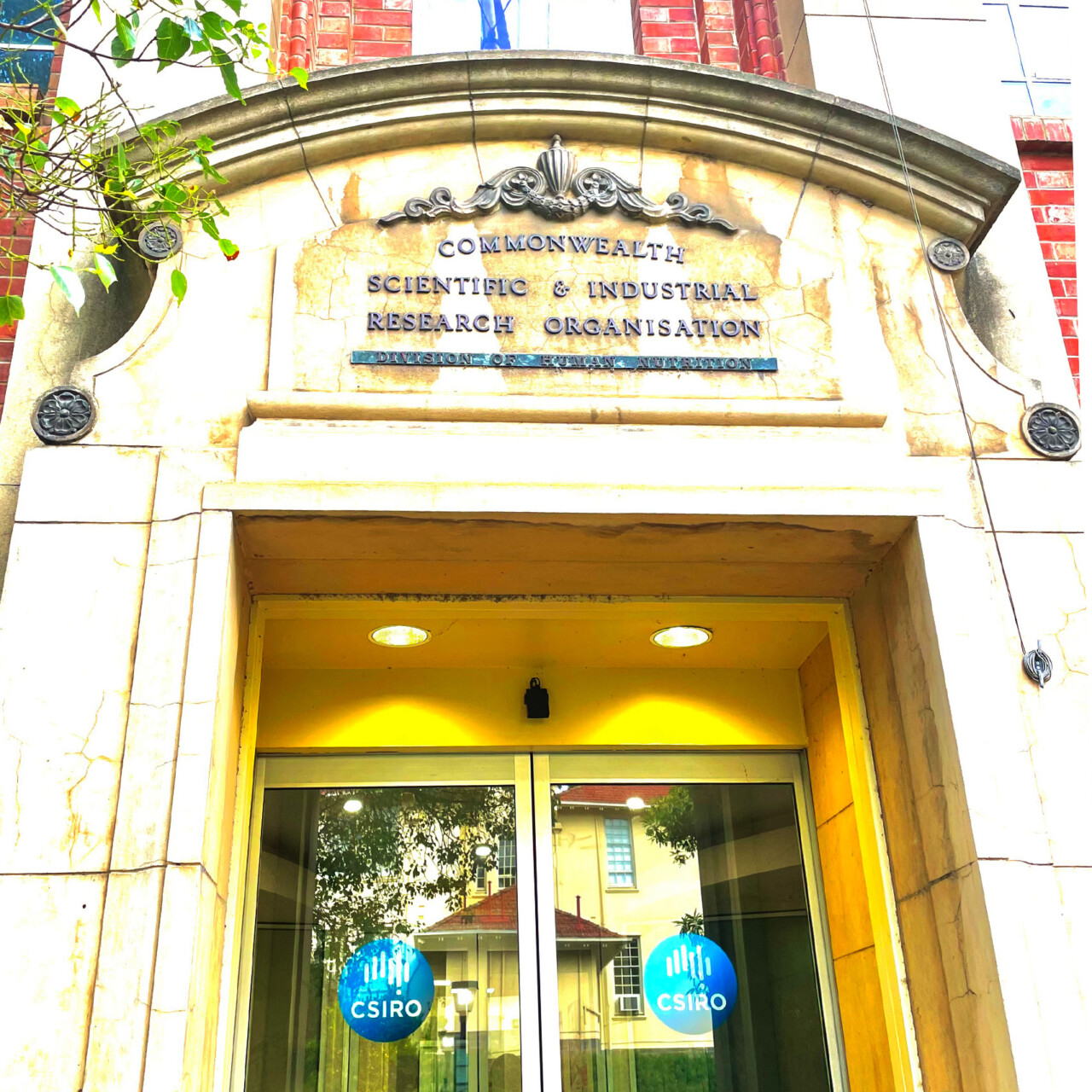
Senior executives at CSIRO are pressing ahead with plans for swingeing cuts to jobs and research in the Health and Biosecurity business unit, targeting human health science.
Despite receiving more than one hundred submissions from staff and stakeholders, Human Health Research Director Erica Bremner Kneipp and business unit supremo Brett Sutton have ignored pleas urging CSIRO to protect the priceless research.
Nearly forty jobs in Human Health will be axed, with CSIRO set to exit clinical trial research altogether, leading to the closure of the clinical trial unit based at Sydney’s Westmead hospital and the complete removal of the organisation’s presence at the South Australian Health and Medical Research Institute (SAHMRI) in Adelaide.
CSIRO will also abandon research into Value Added Nutrition, effectively ending the Health and Biosecurity presence at Kintore Avenue – located at the University of Adelaide campus – the site of breakthrough nutrition science over the past fifty years.
CSIRO’s Division of Human Nutrition was established at Kintore Avenue in 1975 by celebrated Australian medical trailblazer Basil Hetzel, later appointed Lieutenant Governor of South Australia.
Recent achievements include vital contributions to the development and commercialisation of BarleyMAX (a high fibre wholegrain with high levels of resistant starch), DHA Canola (containing long chain omega-3 fatty acids) and plant-based meat-alternative start-up v2food.
When enacted, these job cuts will reduce the total CSIRO workforce at Kintore Avenue by nearly thirty per cent, jeopardising the long-term viability of the historic laboratory.
The impact of rolling job cuts is being felt across the organisation and staff morale has taken a big hit.
In May, more than 650 Staff Association members participated in a snap poll, where more than two thirds (67%) of respondents reported feeling worse off since the announcement of rolling cuts in Enterprise Support Services and multiple business units including Health and Biosecurity, Agriculture and Food, Manufacturing and the likely prospect of more to come in Data61.
Almost 80 per cent of participants from the same poll reported feeling less confident about the current state of job security in CSIRO, with less than 2 per cent reporting feeling more secure.
There are indications that the cuts to jobs and research are damaging the sense of mission within CSIRO across the organisation. CSIRO’s most recent culture survey has revealed a steep drop in confidence when it comes to the strategic direction and vision set by senior executives for Australia’s premier science agency.
Those impacts are most pronounced in South Australia. Analysis of the culture survey report shows a near total collapse in confidence in CSIRO’s strategic direction and intent at Kintore Avenue and SAHMRI, and a massive 22-point decline at Waite Campus.
For CSIRO’s Human Health researchers based at Kintore Avenue, there is a strong belief that a research tragedy could have been prevented, but for the inaction of senior executives and an inexplicable failure to avoid this slow moving trainwreck.
Workplace sources at Kintore Avenue have described frustrated attempts, over recent years, to put Human Health science on a more sustainable funding footing by attracting external earnings; only to have these efforts ultimately rejected by senior leaders within the research program.
The Human Health program cuts will also impact jobs and research into public health and wellbeing, including applied public health, nutrition and behaviour and behavioural and wellbeing science.
Integrated diagnostics will also be hit, with science covering clinical biomarker discovery, diagnostic development and platform technologies in the firing line.
In a consultation feedback report – which CSIRO was grudgingly forced to produce in response to a workplace dispute lodged by Staff Association representatives – Research Director Erica Bremner Kneipp confirmed the job cut plan, stating:
“The significance of these changes is appreciated, and they impact on many colleagues and longstanding science units in CSIRO.”
“What has been accomplished by these teams needs to be celebrated and the research unit will work with the program to mark what has been achieved and celebrate the contributions staff have made to CSIRO.”
Ms Bremner Kneipp is a former federal and state public servant, who was involved in the creation of the Medical Research Future Fund under the previous Coalition federal government.
